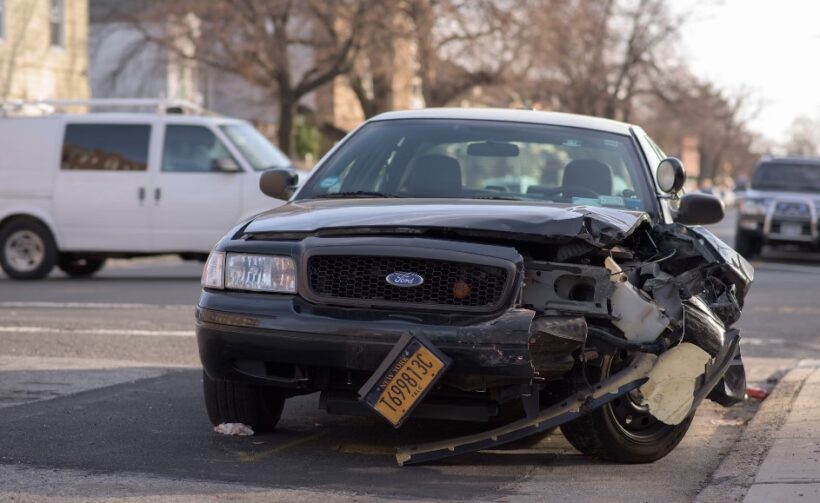A car accident is a traumatic experience, no doubt about it. Besides the physical injuries and emotional toll, there’s a myriad of legal complexities to navigate. For Indianapolis residents, establishing and disputing fault becomes crucial for a favorable resolution.
Engaging with a qualified car accident lawyer in Indianapolis can ensure that your rights are protected and you receive the justice you deserve. This comprehensive guide is tailored to help you understand the intricacies involved and the strategies to employ when disputing fault in car accidents.
Car Accident Lawyer in Indianapolis: Why You Need One
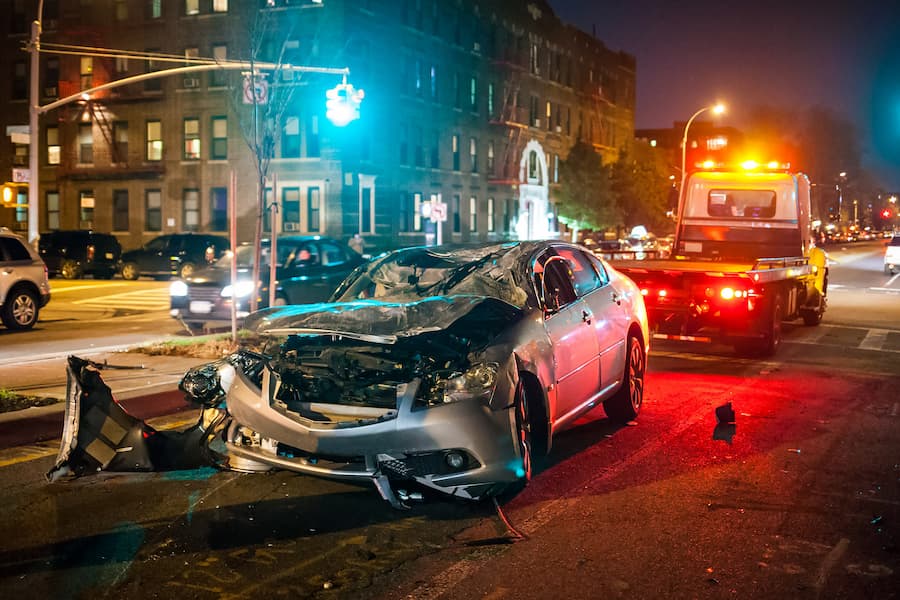
- Understanding the Legal Landscape: The legal rules surrounding car accidents in Indianapolis aren’t always straightforward. Engaging a lawyer who specializes in this domain ensures that you are updated with the latest legislative changes and understand your rights better.
- Experience Matters: Given their vast experience, these lawyers can offer insights into the nuances of cases, helping you anticipate and tackle potential challenges.
- Efficient Negotiation Skills: Insurance companies are often tricky to deal with. A proficient lawyer can negotiate effectively, ensuring you receive a deserving settlement.
Factors Determining Fault
- Eyewitness Accounts: Testimonies from people present at the accident scene can be invaluable. They offer a third-party perspective and can provide details you might have overlooked.
- Police Reports: Often considered a primary piece of evidence, police reports give an unbiased account of the accident.
- Photos and Videos: Visual evidence like photos and videos can vividly depict the accident scene, showcasing crucial details that might determine the fault.
Steps to Dispute Fault
- Gathering Evidence: This step involves collecting all relevant evidence, from medical bills to photographs of the accident scene.
- Engaging an Expert: Sometimes, it’s beneficial to involve accident reconstruction experts. They can recreate the accident and provide insights into what exactly transpired.
- Negotiating with Insurance Companies: Once you have your evidence, it’s time to approach the insurance companies. Remember, they often aim to minimize payouts, so having a lawyer by your side can be advantageous.
Role of Insurance in Determining Fault
- Initial Investigations: Insurance companies conduct their own investigations to ascertain fault. This often involves examining evidence, talking to witnesses, and analyzing police reports.
- Claim Adjusters: They play a pivotal role in determining fault. Their objective assessments can influence the outcome of your claim.
- Settlement Offers: Based on their assessment, insurance companies provide a settlement offer. It’s crucial to evaluate this offer in conjunction with your lawyer to ensure it’s fair.
Benefits of Settling Outside Court
- Time-Efficient: Court proceedings can be long and drawn-out. Settling outside can save you precious time.
- Cost-Effective: Legal battles can be expensive. By avoiding the courtroom, you can significantly reduce costs.
- Flexibility: Out-of-court settlements offer flexibility. Both parties have the room to negotiate and come to a mutually beneficial agreement.
Understanding Comparative and Contributory Negligence
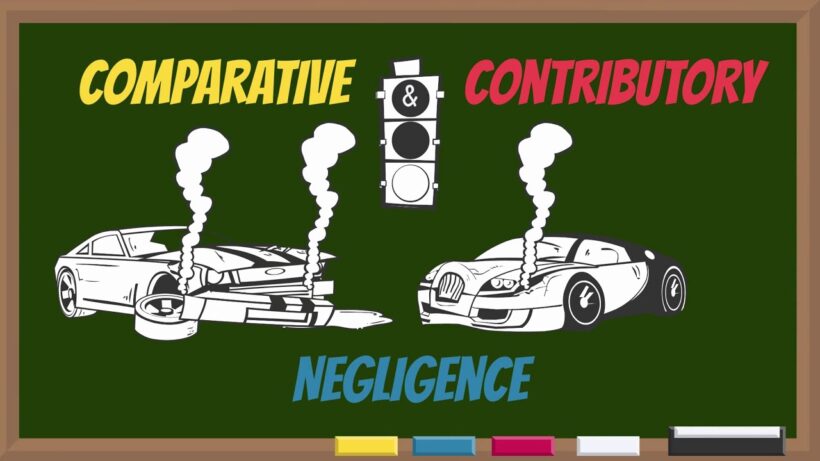
In many states, determining fault in car accidents revolves around principles of comparative and contributory negligence. Comparative negligence considers the degree of fault of each party. For instance, if you are found to be 30% at fault, you may still recover 70% of your damages.
On the other hand, contributory negligence operates more strictly. In jurisdictions following this rule, if you are even slightly at fault, you might not recover any damages. Knowing the difference and how it’s applied in your jurisdiction can significantly influence the strategy you adopt when disputing fault, emphasizing the importance of local legal expertise.
Importance of Gathering Evidence at the Scene
The aftermath of an accident can be chaotic, but it’s essential to collect evidence promptly. Taking photos of the accident scene, noting road conditions, obtaining witness contacts, and documenting vehicle damages can be pivotal when disputing fault. Reports from law enforcement can also provide an unbiased view of events, which might be invaluable in challenging the other party’s claims.
Keeping a record of medical treatments and expenses can further solidify your case, showing a direct link between the accident and your injuries. Efficient and timely gathering of evidence can strengthen your position, whether you’re negotiating with an insurance company or presenting your case in court.
The Impact of State Laws on Car Accident Claims
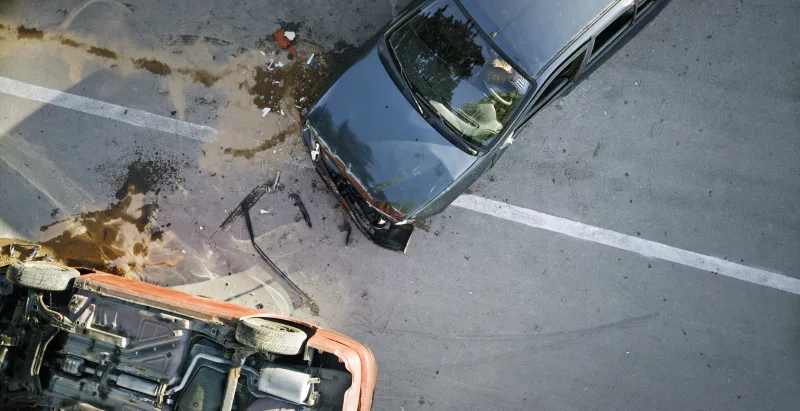
Each state has its unique set of laws governing car accidents, ranging from the way fault is determined to how damages are awarded. For example, some states operate under “no-fault” rules, where each driver’s insurance pays for their losses, regardless of who caused the accident.
In contrast, “at-fault” states require the responsible party’s insurance to cover damages. Statute of limitations, which determines the time frame to file a claim, also varies between states. It’s crucial to understand these laws, as they can significantly influence the process and outcome of your claim. A knowledgeable local attorney can guide you through these nuances, ensuring you approach the dispute optimally.
FAQs
How do I find a reliable car accident lawyer in Indianapolis?
To find a reliable lawyer, consider seeking recommendations, checking online reviews, and scheduling consultations to gauge their expertise.
What should I do immediately after a car accident?
Ensure safety first. Call the authorities, seek medical attention, gather evidence, and notify your insurance company.
Can I dispute the fault even if the police report is against me?
Yes, police reports are important, but they’re not the sole determiners. You can still dispute the fault with compelling evidence.
How long do I have to file a claim after an accident?
The timeframe varies, but in Indianapolis, you typically have two years from the date of the accident.
How much will a car accident lawyer charge?
Most lawyers in this domain work on a contingency fee basis. This means they charge a percentage of the settlement or award amount.
Is it always necessary to go to court to dispute fault?
Not always. Many disputes are settled outside court, especially when there’s clear evidence and both parties are willing to negotiate.
Conclusion
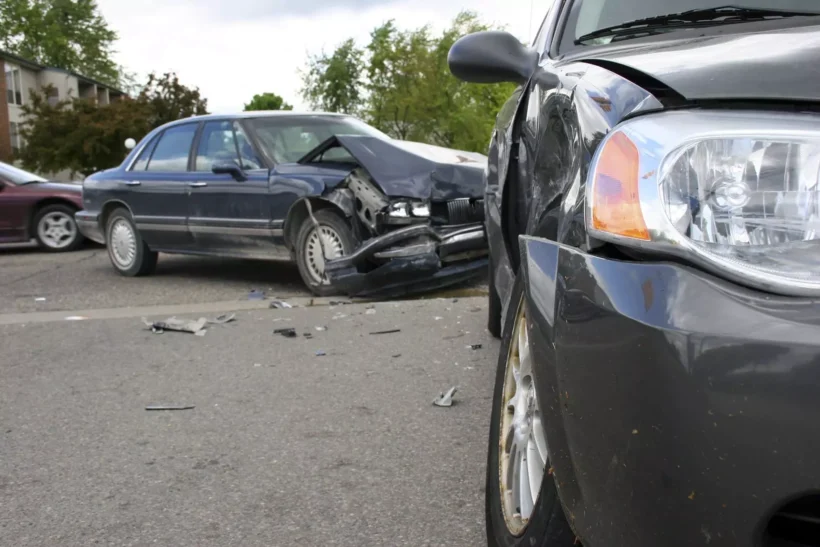
Disputing fault in car accidents in Indianapolis can seem daunting, but with the right guidance and knowledge, it becomes manageable. It’s imperative to consult a skilled car accident lawyer in Indianapolis who can advocate for your rights, negotiate effectively, and guide you through this intricate process. Remember, knowledge is power. Arm yourself with it and ensure you’re never at a disadvantage.

